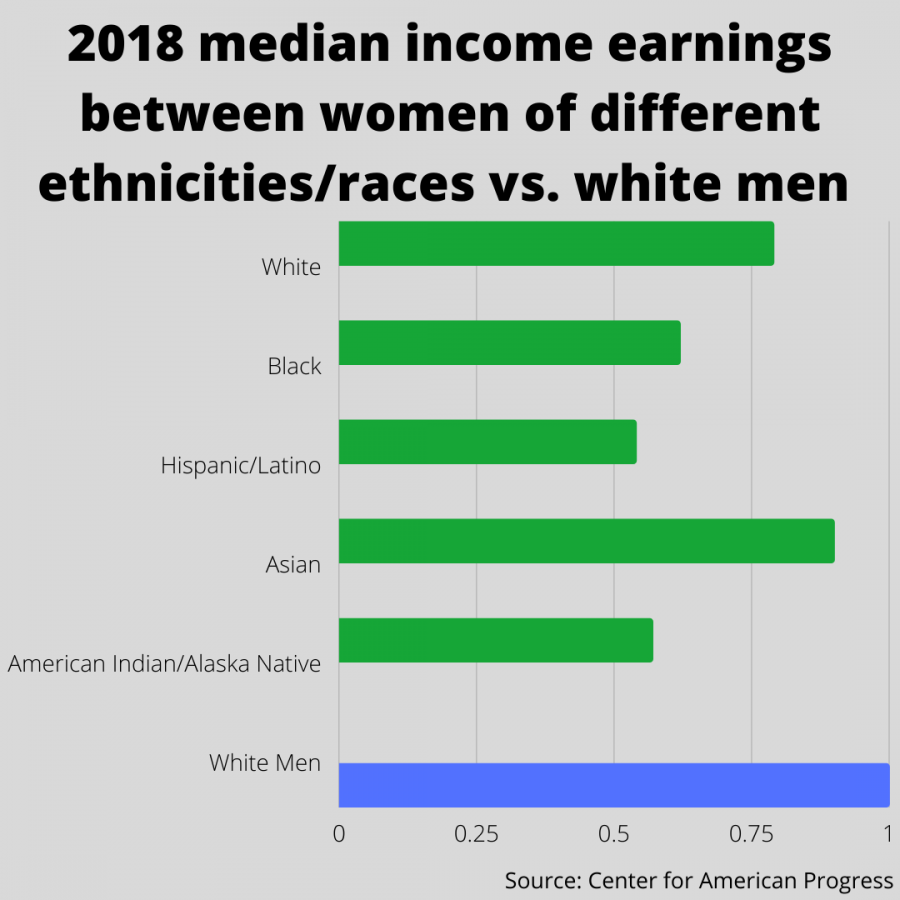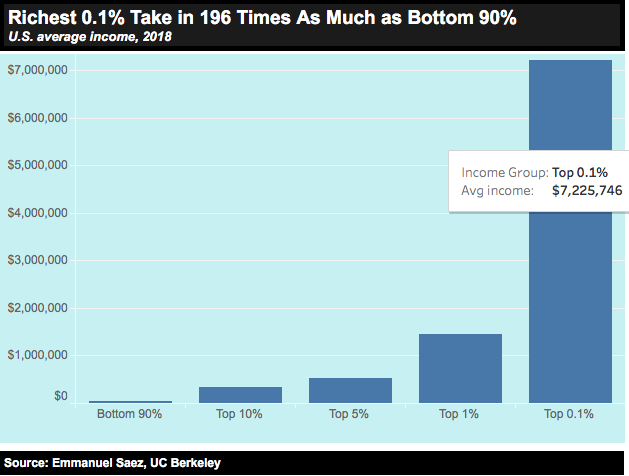
Michael Moore’s new documentary, “Capitalism: A Love Story” made me feel like I was peer reviewing a classmate’s essay in high school.
I had the overwhelming feeling of frustration that comes when someone attempts to explain far too much in a simple, five-paragraph essay. The essay’s subject is appropriate for a book, not a few paragraphs. Each part of the argument is overly simplified, and the topic as a whole is disjointed.
Moore’s film attempts to expose the injustices of capitalism. He intends to increase awareness of capitalism’s tendency to enrich the few at the expense of the many.
In just two hours, Moore covers the following issues: America’s housing crisis, the loss of unskilled labor, General Motors Corp.’s bankruptcy, juvenile detention facilities, the bailout, Obama’s election, life insurance, post-World War II constitutional reforms and fear tactics.
And even more.
Call me crazy, but I think complicated issues must be addressed as…complicated issues. Oversimplification of complex topics doesn’t make them easier. In fact, denying the complexity of a subject only misleads the public.
Moore accuses our government of using propaganda to push its sinister agenda. While this may or may not be true, Moore uses blatant propaganda to fight propaganda.
He compares Wall Street suits to well-known mob bosses, without supporting his claims. He appeals to our human sensibilities with emotion-provoking music and tear-jerking stories, rather than with well-constructed argumentation.
It’s a cheap way to convince the public.
Moore should actually expose the truths he seems so concerned about. He should not make sweeping statements and assume his audience will not question what he is omitting.
Many times throughout the film, the camera narrowly focuses on specific quotes within various documents. The audience is allowed to see only small, highlighted fragments of the document, at times only two or three words long.
While these fragments may summarize the document, we are only allowed to see exactly what Moore wants us to see. This makes me wonder — what does the rest of the sentence say? What is it that lies beyond the camera’s focus?
Furthermore, Moore fails to consult appropriate authorities until late in the second half of the film.
For instance, he questions the Catholic priest that preformed his marriage, as if this is a valid representation of the Catholic Church’s stance on capitalism. To add to the frustration, Catholicism is the only religious view explored.
Additionally, Moore visits the original United States Constitution to search for any mention of capitalism. Instead of questioning a Constitutional expert, Moore asks a security guard where the Constitution discusses capitalism, which is not only random but completely unfair.
He then tells his audience he can find no mention of capitalism in the document, but only quotes the Preamble as his proof of this assertion.
This further demonstrates that while Moore may be correct in his arguments, his narrow focus and underestimation of the public’s intelligence make his documentary frustrating, invalid and ineffective.
I came to this documentary wanting to learn more about the workings of my country and its economic structure.
I left feeling like I was purposefully confused so I could be easily swayed. Most of all, I felt like Moore has not decided which he wants more: to be a documentary maker or an entertainer. These roles are not synonymous. Moore’s attempt to be both makes him neither.
If a topic cannot be easily explained in two hours, then the focus needs to be narrowed. Do the issue justice. Help the audience and give them the full picture. Choose thoroughness over simplification and don’t fight propaganda with propaganda.





